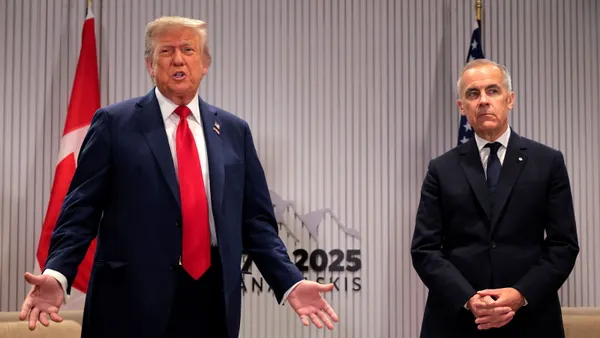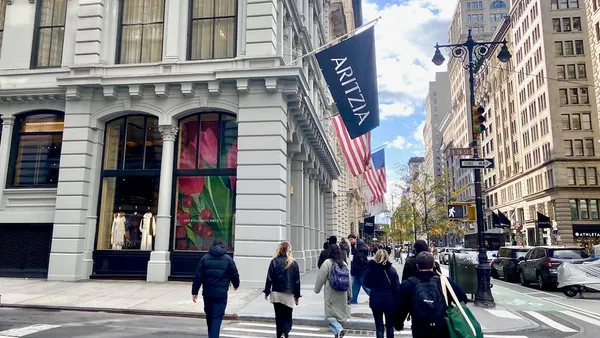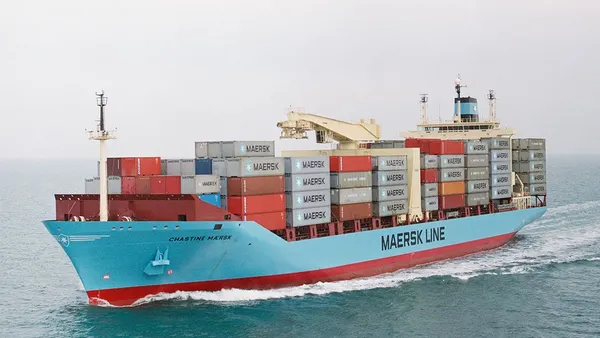The United States is reviewing China’s compliance with a 2020 trade agreement between the two countries that lowered tariffs during President Donald Trump’s first term.
On Friday, the U.S. Trade Representative initiated a Section 301 investigation to determine if China has held up its end of the “Phase One Agreement” signed in January 2020, per a Federal Register filing.
Under the investigation, the USTR will review whether the U.S.’ rights under the agreement have been denied or if any action by China has been inconsistent with its provisions. The agency will also consider implementing retaliatory actions, such as new tariffs or import restrictions.
The original Phase One agreement came following a yearslong trade spat between the two nations that led to escalating tariffs.
In the pact, the U.S. agreed to lower duties on $120 billion of imports from China while increasing exports by $217 billion compared with a 2017 baseline. However, the pact did not lower other tariffs implemented at the time, including certain Section 301 duties later expanded by the Biden administration that remain in place today.
Meanwhile, China said it would lower tariffs on 850 products from all countries while boosting imports of U.S. goods, among other provisions. In Friday’s filing, the USTR said China had fallen short of its U.S. import commitment by over $200 billion based on unspecified export data.
“Despite U.S. engagement with China to address these implementation concerns over the last five years, China appears not to have lived up to its commitments under the Phase One Agreement, including commitments on IP, forced technology transfer, agriculture, and financial services,” the filing says.
The USTR will hold a hearing on Dec. 16 as part of the investigation process and accept public comments and requests to appear at the hearing until Dec. 1. Stakeholders can begin submitting comments on Oct. 31.
During the comment period, the USTR is seeking information about China’s implementation of provisions of the 2020 agreement as well as recommendations for actions the Trump administration should take in response.
The investigation is a fresh salvo in an already deteriorating trade relationship. After the U.S. and China agreed to pause tariff hikes following a back-and-forth escalation this spring, the two countries are at odds again.
Earlier this month, Trump said he would impose fresh 100% tariffs on China imports in response to Beijing’s planned implementation of rare earth export controls. The new duties are set to start Nov. 1, per Trump.
However, Trump and China President Xi Jinping are scheduled to meet next week during the Asia-Pacific Economic Cooperation summit in Seoul, South Korea, White House Press Secretary Karoline Leavitt said at a Thursday media briefing.














